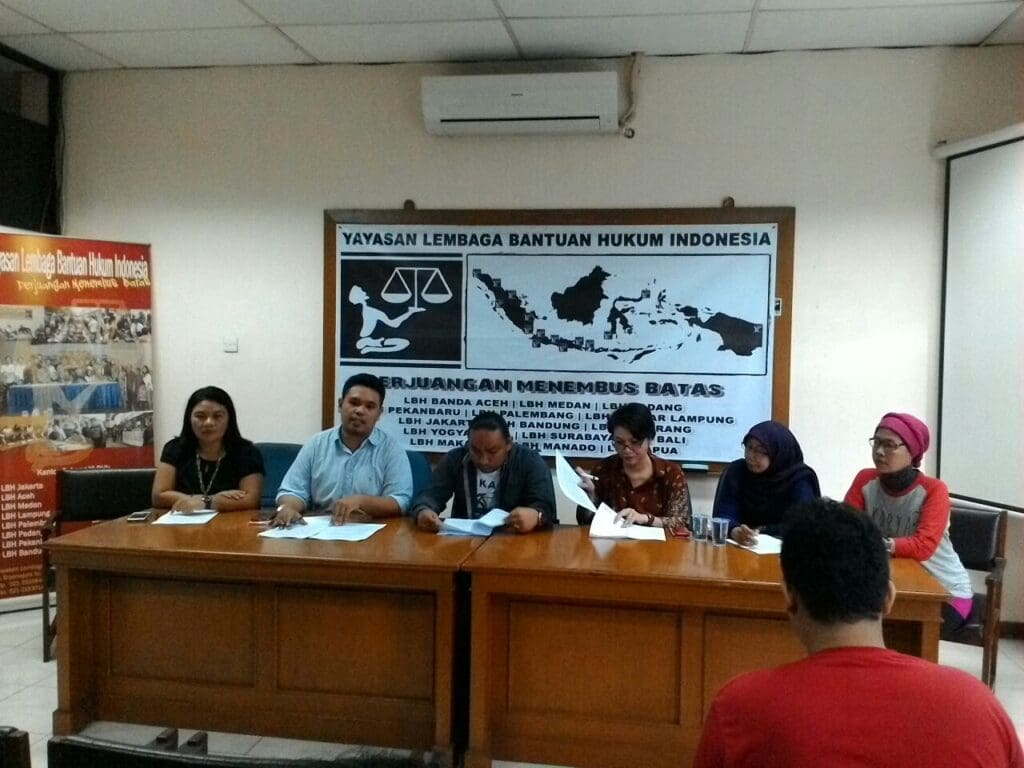The current state of the world is in dire condition, with each passing moment bringing forth a sense of disintegration and instability. It can be seen by the vast majority of the global population, precisely six out of seven individuals, who are plagued by persistent feelings of imperilment.
Further confirmed by the United Nations, the world is currently facing the highest number of violent conflicts since the Second World War. It is alarming to know that a quarter of humanity, or two billion individuals, live in such conflict-prone regions.
While some of us may not be directly impacted, our sisters and brothers residing in conflict-ridden areas are facing unimaginable challenges just to survive. This situation has put the lives of these people in jeopardy, and they are exposed to a range of risks, including loss of life, displacement, and psychological trauma.
Vulnerable groups as the majority of the victims
In areas of conflict, attacks have far-reaching impacts that affect everyone. However, vulnerable populations, such as women, children, and the elderly, are disproportionately affected by these attacks. These groups often experience the effects of the conflict twice, as they are more likely to face discrimination and stigma in accessing aid and services.
Read More: Women Embracing Their Sexuality Should Not Be Objectified
One of the examples is the ongoing genocide of the Palestinians that has resulted in significant loss of life and injury. According to recent reports, the number of casualties has reached 3,478 deaths and 12,065 injuries, with a majority of the victims, approximately 70%, are from vulnerable populations, including women, children, and the elderly.
This is primarily due to the fact that these groups tend to reside in villages that are more susceptible to airstrikes conducted by the Israelis, while the men are away working.
Women have no hope for them and their babies
It is also not uncommon for parties to employ the use of rape, sexual slavery, and forced pregnancy as a tactic of war, with women being the primary targets. This form of warfare is often systematic, with the aim of causing physical, psychological, and social harm to the victims while at the same time serving as a means of exerting power and dominance over the enemy.
Especially for pregnant women, women bear more weight than one could ever imagine as pregnancy is a critical time for not only the women carrying the child, but also for the unborn child. In this period of time, access to healthcare services and nutritional supplements is crucial for a safe pregnancy and a healthy delivery.
However, it’s disheartening to know that pregnant women in Gaza, Palestine, are facing a difficult situation due to the lack of access to these crucial services. With no access to basic medical care, 50,000 pregnant women in Gaza are facing a highly uncertain future.
Read More: Grumbling to See CATAHU 2023, Real Evidence of TPKS Law Has Not Been Effectively Implemented
Hospitals and clinics are on the brink of collapse without electricity and medical supplies, making it extremely difficult for pregnant women to receive even the most basic care they require. Adding to this dire situation is the fact that some of these women are expecting to give birth in the coming month, according to the United Nations Population Fund.
Notwithstanding the adversities that women face in times of conflict, they should not be regarded exclusively as victims of war. On the contrary, they often undertake the pivotal responsibility of ensuring their families’ subsistence amidst the turmoil and destruction.
Moreover, they play an active role in grassroots peace movements and are dedicated to fostering peace within their communities. Therefore, it is crucial to continuously empower women amidst times of conflict to build a strong and compassionate community. By providing women with the necessary resources, support, and opportunities, they are able to contribute to the betterment of their communities and society as a whole.
The underlying reason: Rooted due to the underrepresentation of women at the decision-making level
It is widely recognized that the participation of women in peace negotiations is a critical aspect that must be addressed, as the absence of women at the table can have a significant impact on the needs and priorities of women that are often overlooked during times of conflict. This issue has been addressed in the Fourth World Conference on Women in Beijing in 1995 which adopted The Beijing Platform for Action (the Beijing Platform).
The Beijing Platform identified the impact of armed conflict on women as one of the 12 critical areas of concern necessitating action by governments and the international community. It underscored the need to promote gender equality in conflict resolution at the decision-making level.
Read More: Picturing Women’s Congress from Two Perspectives: National and Grassroot Level
Furthermore, in 1998, the UN Commission on the Status of Women recommended that member states and the international community take further action to implement the Beijing Platform’s strategic goals on women and armed conflict.
It concluded with agreements on gender-sensitive justice, addressing the needs of women refugees and displaced persons, and increasing female participation in conflict prevention, pre- and post-conflict decision-making and peacekeeping.
Looking forward: What we all should do as a global community
The Palestinian-Israeli conflict has left many individuals devastated and in dire need of support. It is critical for the international community to join hands and provide assistance in any way possible to help the victims rebuild their lives.
It is time for us to prioritize humanity and work towards creating a world that is free from violence and discrimination. We must ensure that everyone, irrespective of their ethnicity, faith, or gender, has equal access to opportunities, resources, and justice.
Furthermore, it is imperative that measures be taken to ensure the full participation of women in peace negotiations, so that their voices are heard and their needs are addressed in a comprehensive and effective manner. Only then can we truly make a difference and build a better world for all.













